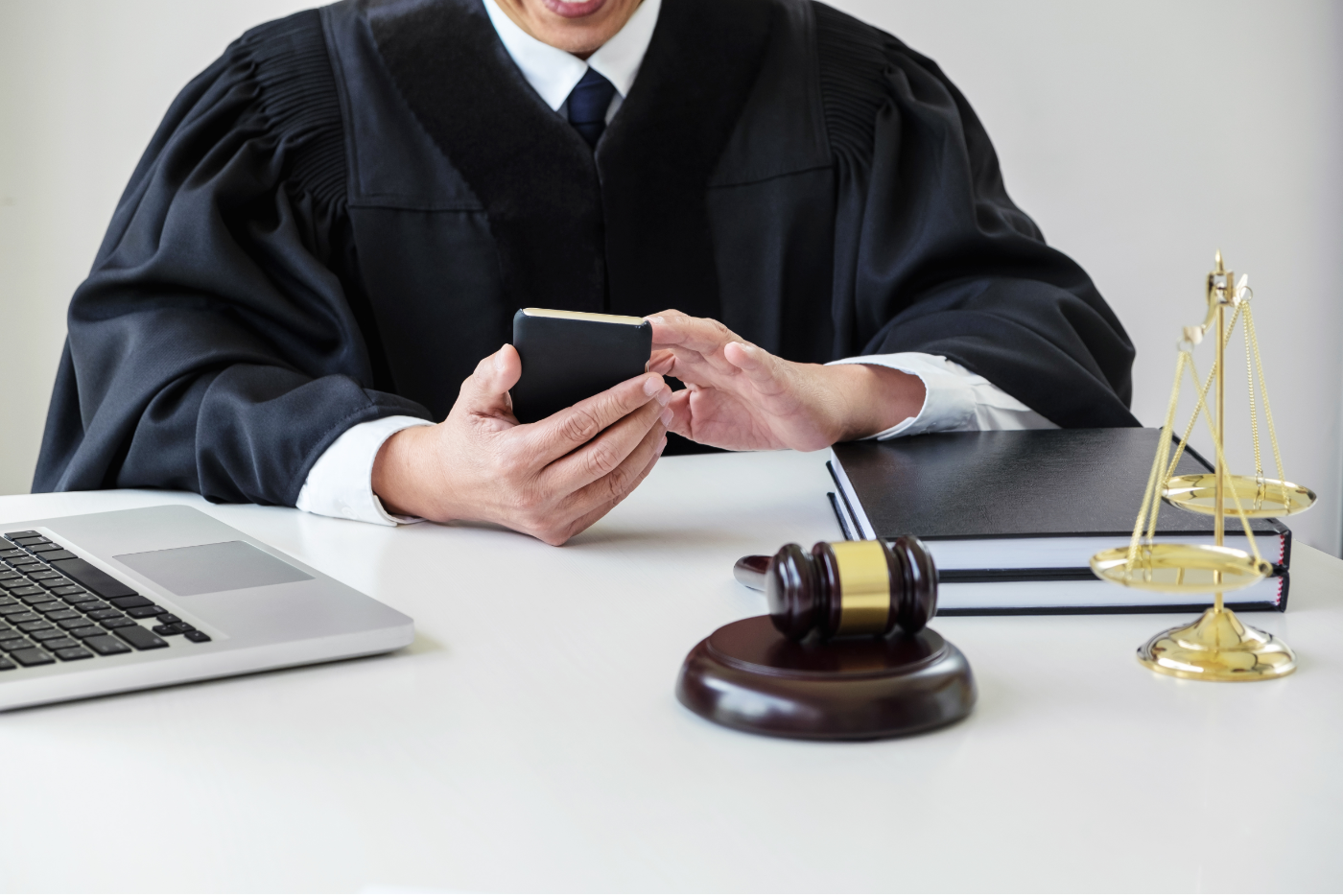Retainer Violations Can Lead to Legal Malpractice
Attorneys have an ethical and legal duty to clients to abide by the codified rules of professional standards and criminal and civil laws. They also have a duty of care that means exercising the skills and knowledge reasonably expected of attorneys. One of those duties is adhering to the retainer agreement executed between the attorney and client.
Read More










